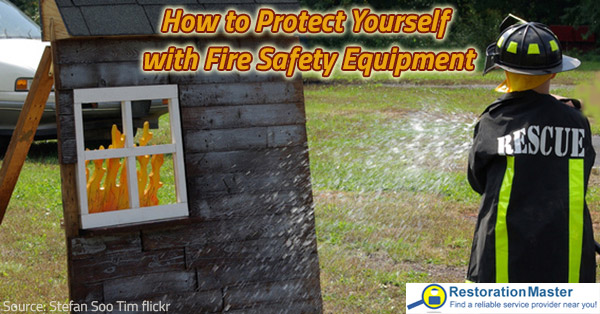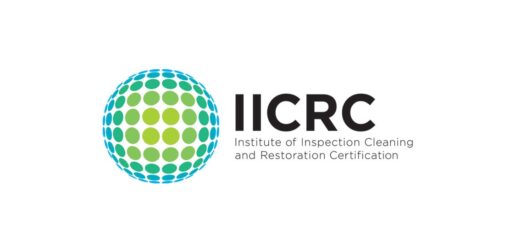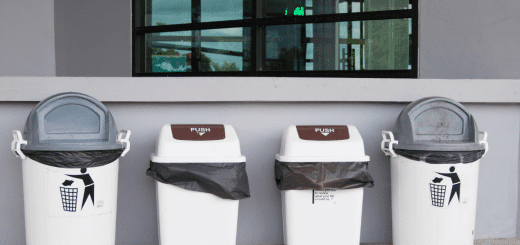Cold Weather Issues Leading to Water Damage
As the winter is getting closer, so does the water damage risk to your home. Be sure to keep in mind that freezing temperatures or winter ice and snow may cause severe water damage in your home. It is also important to remember that water consumption increases as more time are spent inside, which puts a lot of pressure on the pipes. Ultimately, here are six common factors for water damage to occur due to cold weather issues:
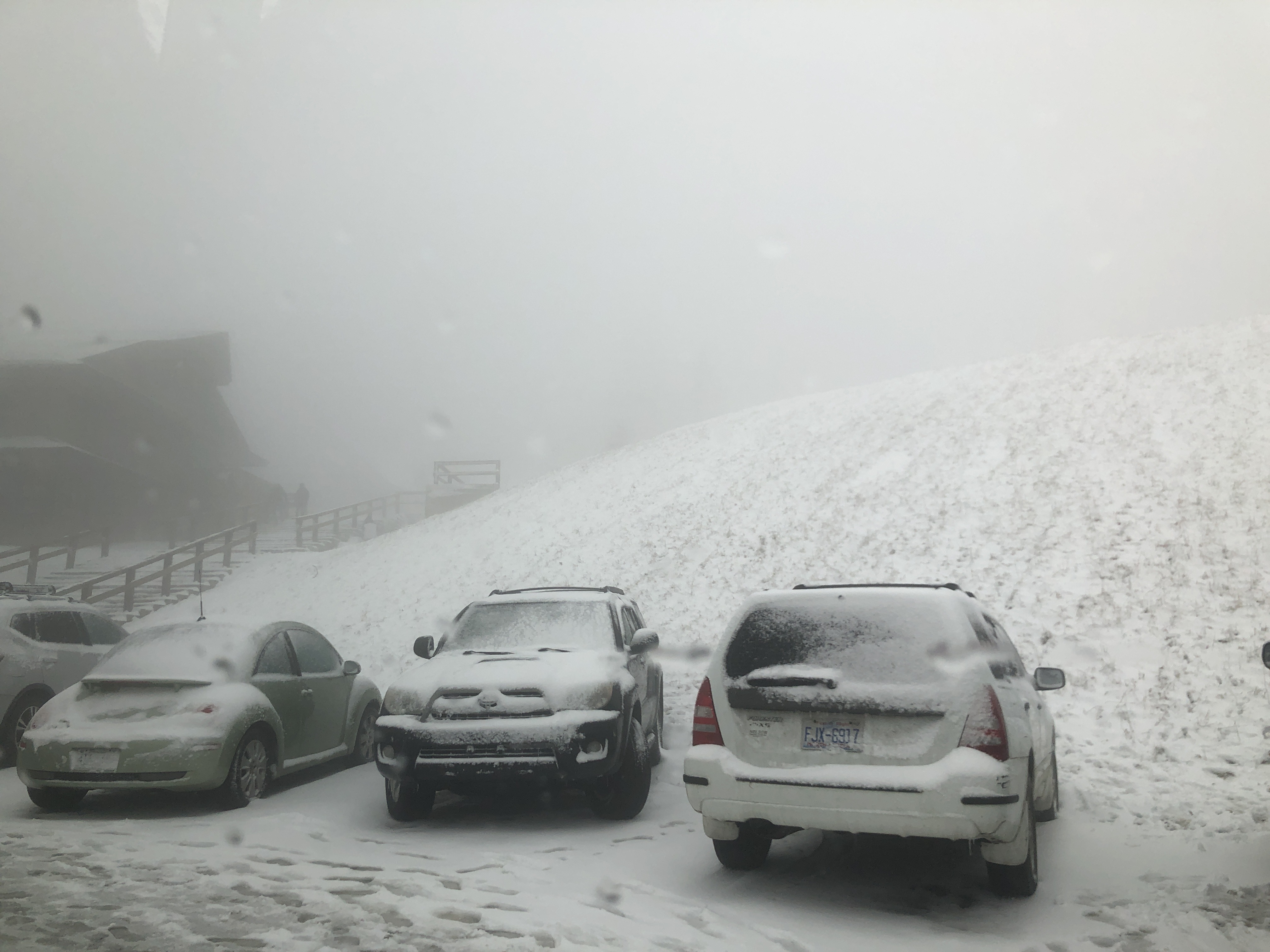
1. Frozen Pipes
The issue of frozen pipes is one of the most common causes of water damage in the wintertime. As the temperature can dip below freezing, the water in the pipes will freeze, causing the water molecules to expand, similar to a can of soda placed in a freezer. In this case, if the water expands too much, the pipe may burst. The water will then escape, causing water damage to the walls and floors of your home or building.
2. Leaking Water Heater
During the winter months, the temperature of cold water drops about 25 degrees. This will result in the water heater working harder in order to heat the water. In addition, if it is old and/or contains a lot of sediments, the particles will quickly absorb heat. Many people are not even aware of this situation as they would want more hot water because it is cold outside. Finally, with all of these factors cracking down on an old or worn-down water heater, it is only a matter of time for it to leak or even burst, ultimately causing floodingFlooding is the overflow or accumulation of water in areas t... More. But in order to avoid this mess, be sure to frequently check the unit for faulty pipes, leaks, or unusual noises before the leaking or floodingFlooding is the overflow or accumulation of water in areas t... More occurs.
3. Snow Melting on the Roof
Throughout the later months of winter, the potential for melting snow on your home poses a major threat of water damage. Therefore, if too much water accumulates on the roof, you could be at risk for floodingFlooding is the overflow or accumulation of water in areas t... More and even mold growth if the problem isn’t treated immediately. In order to avoid this, be sure to use a snow removal rake in between snowfalls to safely remove the snow from the roof. Finally, do not forget about the gutters as the leftover water can refreeze and severely damage them.
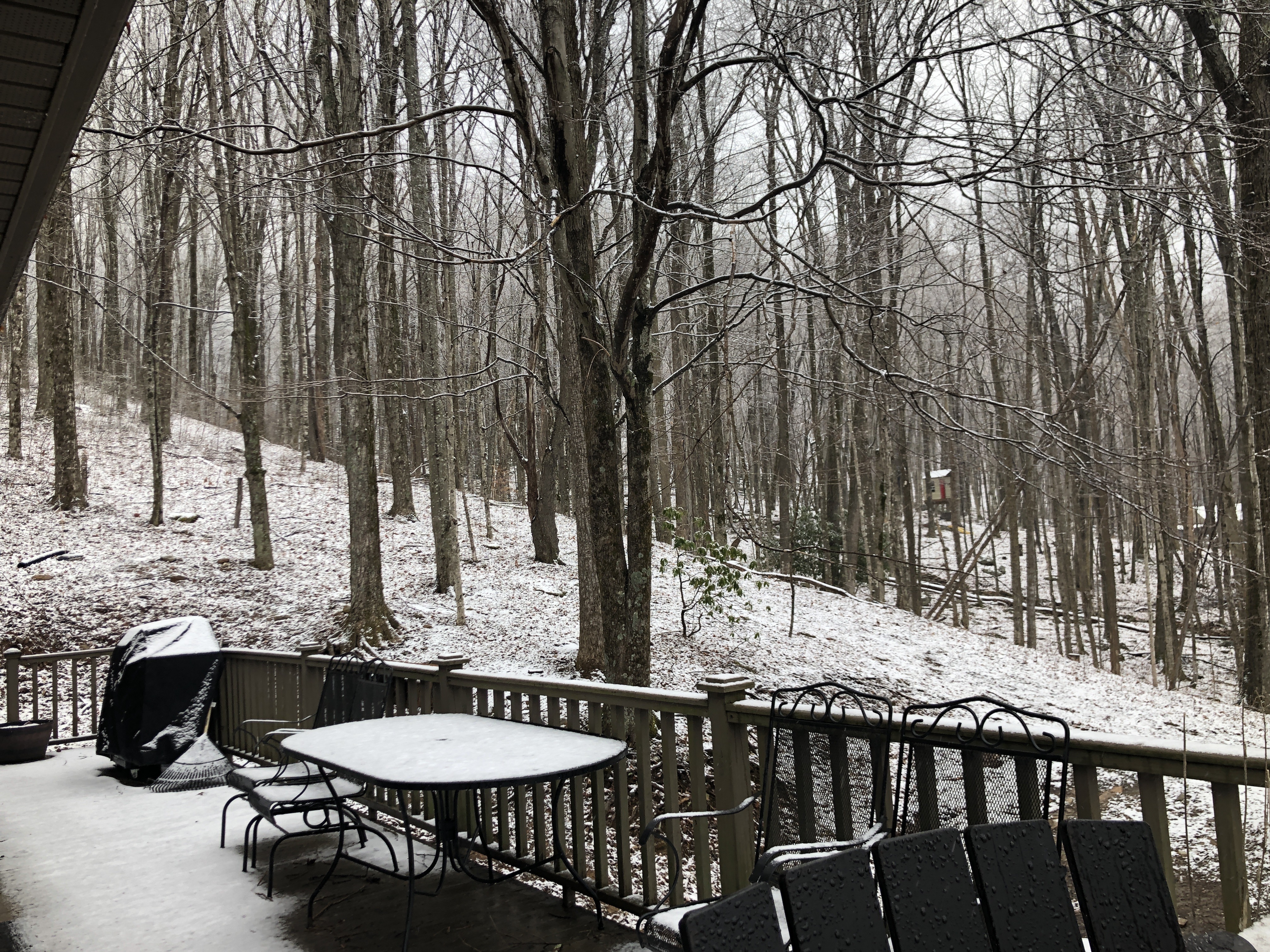
4. Overflowed Gutters
As mentioned previously, the buildup of water can freeze in the gutters, damaging them to the point where they will need to be replaced next year. In addition, the ice can also block the gutter in a way that it will overflow, spilling out over the sides and into the ground or driveway. The next thing you know your house may be swimming in a pool as the water seeps into the foundation and floods your basement. So be sure to clean your gutters regularly, especially towards the end of winter.
5. Ruptured Outdoor Water Lines
Obviously, the main water lines need to be left on in the winter; however, it is always best to turn off any exterior water line — such as a garden hose — if it is not being used. Any pipes with running water pose the risk to become frozen and bursting in the winter. The best way to avoid this is to eliminate the source of the problem. When water is cut off from the hose, any trapped water will drain out. But for extra protection, you can also cover the spigot with an insulated cover to avoid extra water from seeping in.
6. Poorly or Non-Insulated Pipes
Any water lines that may be exposed to the outside temperatures must be properly insulated. With only the end of January approaching, who knows how low temperatures can drop? This also leaves the risk of frozen and ruptured pipes to occur. In order to avoid water damage from burst pipes, you can easily purchase foam-rubber pipe insulationInsulation is a material used in buildings to reduce the tra... More or fiberglass pipe insulationInsulation is a material used in buildings to reduce the tra... More from your local hardware store. Either one should keep it safely protected to avoid the water from freezing during the winter.
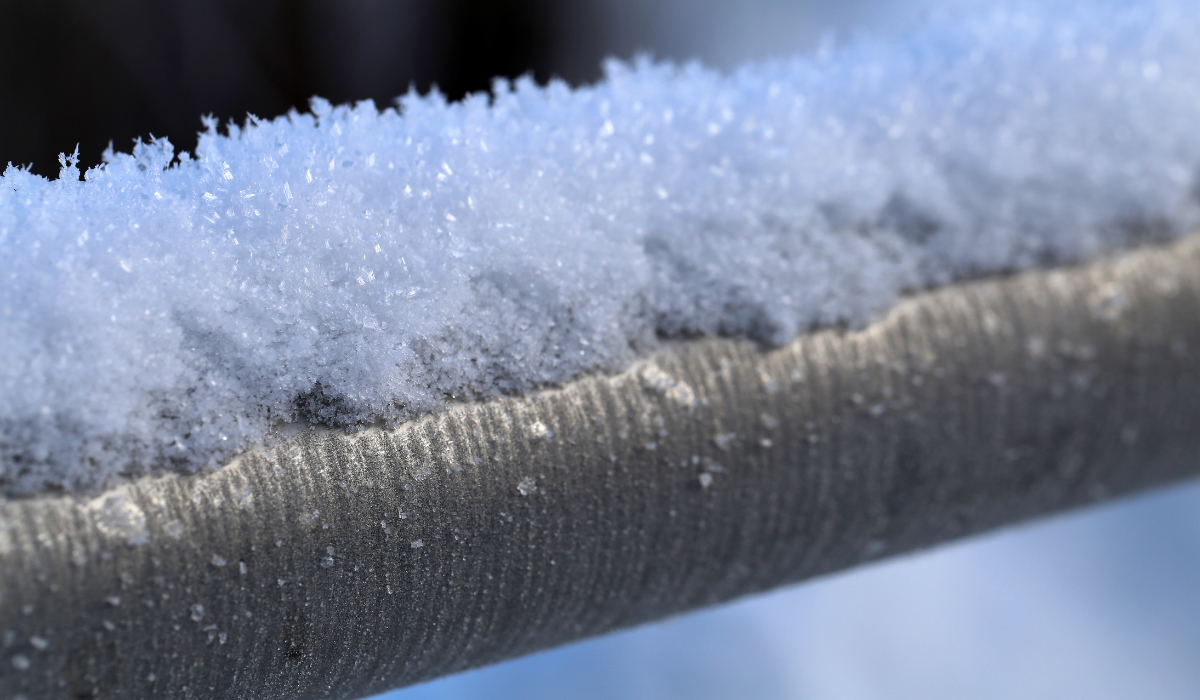
Call a Licensed Professional
Although there are many steps to take in order to prevent water damage in your home, a problem can occur at any time. In this case, be sure to call a professional water damage restorationWater damage restoration is the professional process of clea... More specialist right away. They will thoroughly restore water damage of any size while eliminating the damage at its source. Finally, you can locate your nearest disaster restorationRestoration is the process of returning a property to its pr... More company to avoid water damage or even mold growth in your home.










